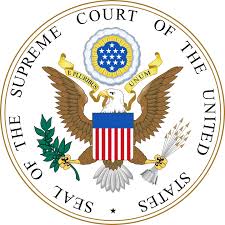

Since the U.S. Supreme Court’s 2014 decision in Halliburton II, the lower courts have wrestled with questions on how to address the “price impact” of corrective disclosures. In the following guest post, Matthew L. Mustokoff and Margaret E. Mazzeo, partners at the Kessler Topaz Meltzer & Check LLP law firm, examine several critical unanswered questions concerning price impact. I would like to thank Matt and Margaret for allowing me to publish their article as a guest post on this site. I welcome guest post submissions from responsible authors on topics of interest to this blog’s readers. Please contact me directly if you would like to submit a guest post. Here is the authors’ article.
Continue Reading Guest Post: Price Impact, the Speed of Information, and Securities Class Certification
 As I have noted on this site (most recently
As I have noted on this site (most recently  When the U.S. Supreme Court granted the petition for a writ of certiorari to take up class certification questions raised in the long-running Goldman Sachs securities class action lawsuit,
When the U.S. Supreme Court granted the petition for a writ of certiorari to take up class certification questions raised in the long-running Goldman Sachs securities class action lawsuit,  Since the U.S. Supreme Court’s
Since the U.S. Supreme Court’s  In its
In its 


